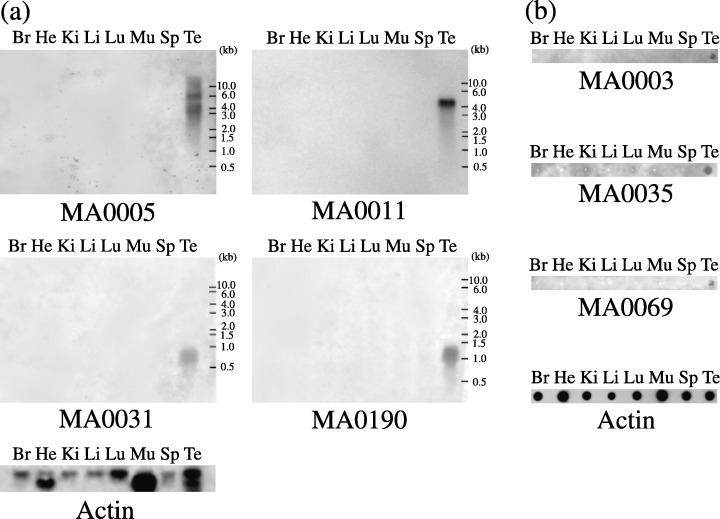Background and Goals: Isolation and evaluation of spermatogenesis-specific genes present vital info for elucidating the mechanisms of human infertility.
The goal of the current research was to recommend an efficient technique for the excellent isolation of novel genes related to spermatogenesis in mice. Strategies: To isolate novel testis-specific genes related to meiosis in mice, we constructed a mouse pachytene spermatocyte-enriched cDNA library by the centrifugal elutriation technique, and sequenced 120 cDNA clones remoted from the cDNA library.
A fundamental native alignment search instrument (BLAST) search was carried out on the cDNA clones to search out novel genes after which an in depth expression evaluation was carried out by Northern blot hybridization and in situ hybridization.
Outcomes: Of the 120 cDNA clones, 35 clones (29%) had been novel and 18 clones (15%) had been expressed solely within the testis. The expression patterns of seven novel testis-specific clones had been examined on the testis sections.
Three clones had been expressed in spermatocytes and different germ cells, and two clones had been completely expressed in spermatocytes. Amino acid sequences of seven novel testis-specific clones had been deduced from their nucleotide sequences, suggesting that two of them comprise identified practical repeat constructions. Conclusions: This technique supplies a strong technique to isolate novel testis-specific genes effectively

Environment friendly practical screening of a mobile cDNA library to determine extreme fever with thrombocytopenia syndrome virus entry elements.
The identification of host cell elements for virus entry is helpful for the molecular clarification of viral tropisms and infrequently results in a extra profound understanding of virus-induced illnesses. Extreme fever with thrombocytopenia syndrome (SFTS) is an rising infectious illness brought on by SFTS virus.
No countermeasures towards the illness exist. On this report, we present an environment friendly technique utilizing virus-like particles for the practical screening of a mobile cDNA library to determine SFTS virus entry elements.
Two variants encoding dendritic cell-specific ICAM-Three grabbing non-integrin associated (DC-SIGNR), a calcium-dependent lectin identified to reinforce SFTS virus an infection, had been efficiently recognized from a human liver cDNA library.
We are going to focus on functions for but unidentified issue(s) for SFTS virus entry and for entry issue(s) for different viruses associated to SFTS virus.

